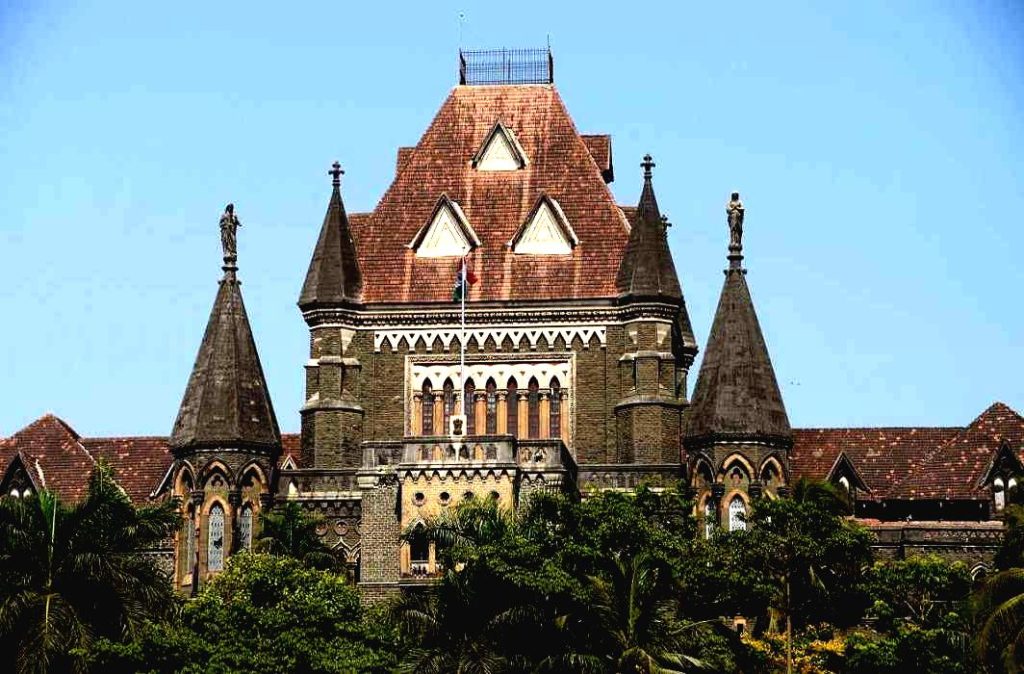Aarohi Dhumale
On 14th August 2024, the Aurangabad Bench of the Bombay High Court held that minority educational institutions cannot admit students under the Right to Education (RTE).
The division bench comprising Justice Mangesh Patil and Justice Shailesh Brahme, held that minority educational institutions cannot admit economically and socially disadvantaged children under the RTE Act, even if they choose to do so voluntarily, as it would violate the Constitutional provisions which exempt the minority institution.
The Right of Children to Free and Compulsory Education Act (2009) makes it obligatory for each school to reserve 25% of seats for children from disadvantaged and weaker sections of society. These students get concessions on school fees and the school is reimbursed for the fees by the State Government. However, minority-run educational institutions are excluded from this obligation.
The Bench was hearing petitions filed by Izak English Medium School and Anand Medical and Education Foundation challenging a government circular dated 15th March 2013 that excluded minority schools from admitting students under the RTE quota. Both of them are minority-run educational institutions in Ahmednagar. The petitioners submitted that the school should be allowed to admit students under the RTE quota as a “voluntary gesture”. However, they wanted to be reimbursed by the State government for admitting these students during the previous years.
The Court dismissed them saying that by allowing the admissions of students under the RTE Act, these institutions would violate their constitutional rights given under Article 30(1). The Article says that all minorities, whether religious or linguistic, shall have the right to establish and administer educational institutions of their choice. “Once the constitutional bench of the Supreme Court has held the RTE Act itself being ultra vires Article 30(1) of the Constitution, this Court in exercise of the powers under Article 226 of the Constitution cannot permit the minority institutes like the petitioners to subject themselves to the provisions of the RTE Act. Even if they [minority institutions] are ready and willing [to admit students under the RTE quota], allowing them to do so could be only by making the provisions of the RTE Act applicable to them, which in itself is prohibited by virtue of the declaration in Pramati Educational and Cultural Trust (supra).” said the bench.
If minority-run educational institutions are allowed to admit students under the RTE quota, it would make RTE applicable to them. The Court relied on Section 1(5) of the RTE Act, which clearly excludes minority institutions from its applicability. The Court highlighted that the RTE Act “expressly excludes” aided or unaided minority schools, Madrasas, and Educational Institutions primarily imparting religious instruction.
However, the Court took cognizance of the fact that Izak English Medium School had admitted students under the RTE quota but wasn’t reimbursed for the academic years 2017-18 to 2019-20, and thus directed the State Government to reimburse the school within 6 weeks.
Case Name: Izak English Medium School and Anr v. State of Maharashtra
Case Number: Writ Petition No.3085 OF 2020 merged with Writ Petition No.3115 OF 2020
Bench: Justice Mangesh Patil and Justice Shailesh Brahme

